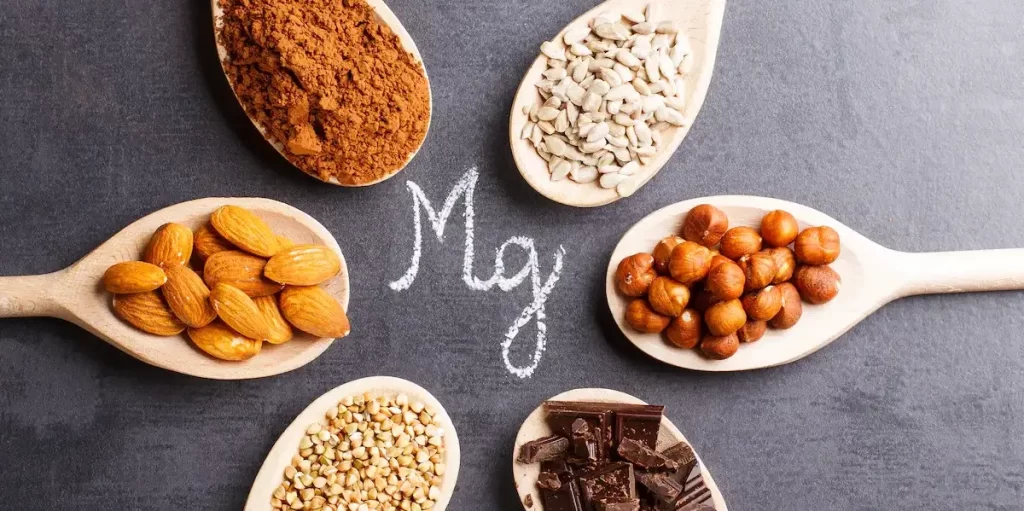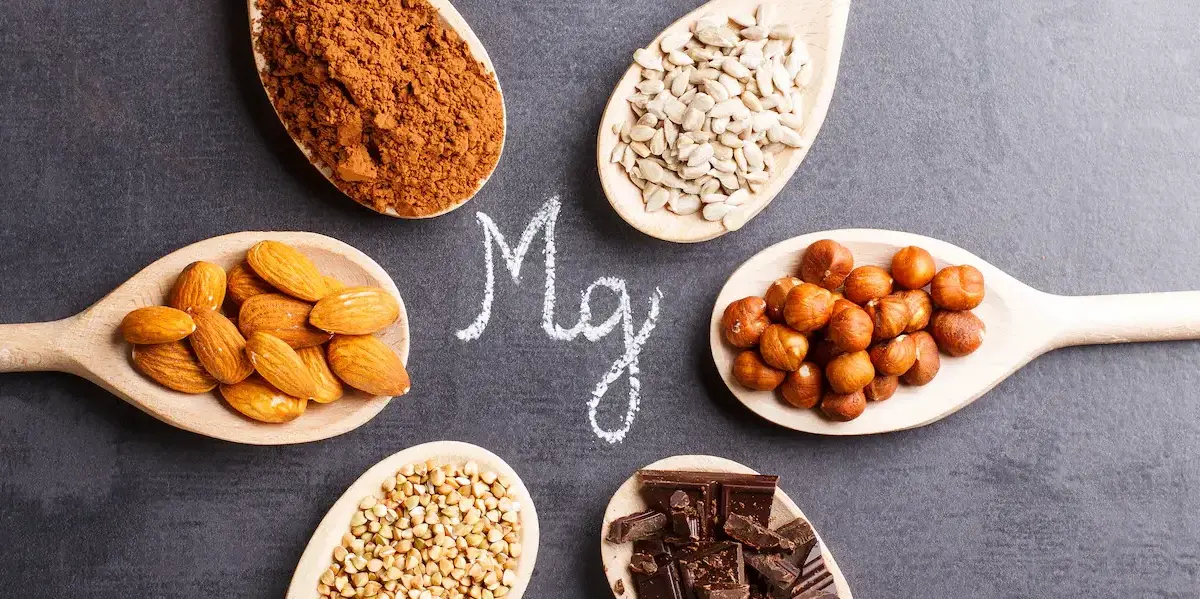Tout d’abord, merci de votre intérêt pour mon site internet, j’apprécie grandement ! Au fil du temps, j’ai l’intention de partager gratuitement de l’information sur cette page. Afin d’éduquer les gens qui le désirent et dans le but de nous faire évoluer, je tenterai de vous offrir de nouvelles connaissances.

Here we go!
If you’re one of those who follow trainers or nutrition experts on social media, you won’t be surprised to see them making a post about the benefits of magnesium. You know what? They’re not wrong, in fact, they’re right to promote this important mineral in our lives. Indeed, magnesium plays a major role in the human body.
The epiphany
I listen to various podcasts from time to time, but there’s one in particular that I listened to with great interest and attention. It’s called Wise Tradition, and the quality of information on ancestral nutrition is phenomenal. About 2 years ago, they interviewed a man named Morley Robbins, who is simply a genius on the interaction of micronutrients in the human body. He sparked my curiosity throughout the podcast and the quality of his information is mind-blowing. I bought his book on Amazon that same evening so I could read it on my phone. Within 48 hours, I had finished the book and my view on vitamins, minerals, enzymes, the Krebs cycle, and more was completely changed. This podcast greatly transformed my supplement recommendations as I finally understood that there is a logic in nature that must be respected. However, when I talk to other people, who are sometimes in the same field as me, I realize that some have not yet been exposed to this information. So I feel extremely privileged to have this information for myself and even more for my current clients!
The maestro of minerals
Did you drink coffee this morning? Then you lost magnesium and threw off your electrolyte balance. Did you work out this morning? Then you lost magnesium by creating energy and sweating profusely. Did you experience intense stress today? Then you tapped into your magnesium reserves to neutralize the stress hormones generated by that entire cascade affecting both neurotransmitters and the hormonal system. It’s simple – stress eats magnesium for breakfast. We live in a world where stress wreaks metabolic havoc on a daily basis. People are more stressed than ever in this modern world where everything is supposed to be easier. Trying to define our goals in an era where our reference points are almost non-existent and society is solidly fractured is quite an achievement! In short, stress stress stress stress = your magnesium reserves disappear without you even realizing it.
It’s simple, stress eats magnesium for breakfast. We live in a world where stress wreaks metabolic havoc on a daily basis.
Interesting facts about magnesium
- Magnesium is responsible for 80% of your energy production cycle – yes, you read that right… 80%.
- Magnesium activates 3,751 enzymes out of approximately 9,000 in the human body, according to Piovesan.
- People with low magnesium status are at a higher risk of experiencing cardiac arrests (as cells don’t have enough of this precious mineral to perform their job of producing energy to carry out heartbeats).
- Comprehensive works have been written about this mineral, such as The Magnesium Miracle” by Carolyn Dean.
- The more stressed we are, the more magnesium we lose, and the more our body becomes acidic.
What steps can you take?
Simply consume foods that contain magnesium and take daily magnesium supplements. Foods that contain the most magnesium include: dark chocolate (70% cocoa and higher), green leafy vegetables, avocados, certain plain yogurts, several types of nuts and seeds, and more.
As for my choice of supplements, I can’t hide that in response to this article, I had two types of magnesium developed to address this issue present in many people. My goal is not to write a complete article about my supplements. However, if you want to try them or get more information, you can message me directly on messenger, and I will be happy to give you even more information.
Here is the video I created to explain some facts about magnesium and to announce the launch of my line of supplements.
Feel free to share my article with your loved ones or to share it on social media.









